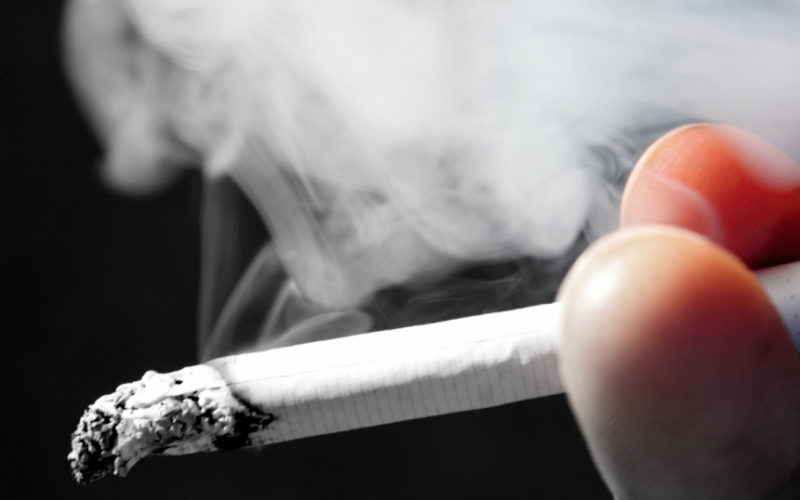Last month’s call by the Manufacturers Association of Nigeria (MAN) that the Federal Government should halt the proposed hike in the excise duty on tobacco products starting from June 4, 2018 is not all together unanticipated. But the fact that it is the umbrella body of manufacturers that spoke on behalf of the tobacco entities is what makes the call suspect.

The suspicion arises from the fact that tobacco transnationals like the British America Tobacco Nigeria (BATN), Philip Morris Nigeria International Limited and other tobacco entities with limitless financial muscle are members of the body and have all it takes to call the shots in MAN.
The alarm about likely job losses (surprisingly computed quickly and put at 20,000 workers) and possible shut down of the tobacco entities operating in Nigeria, hold no logic when viewed in the light of contemporary examples of countries that have hiked tobacco excise duty to safeguard the lives of their citizens.
Within our own Africa, countries like Algeria, South Africa and Gambia have in place 38.14 per cent, 36.52 per cent and 30 per cent excise duty respectively on tobacco products compared with Nigeria’s just-announced cumulative specific excise duty rate for tobacco which is calculated at 23.2 per cent of the price of the most sold brands.
Finance Minister, Dr. Kemi Adeosun, had announced last month that the new policy would be spread over a three-year period from 2018 to 2020 to moderate the impact on the prices of the products. Ironically, the new rates fall far short of the recommendation of the World Health Organisation (WHO) in Article 6 of its Framework Convention on Tobacco Control (FCTC) that countries implement 70% excise on tobacco products.
According to the WHO, policies to control tobacco use, including tobacco tax and price increases, can generate significant government revenues for health and development work as well as protect people’s health from leading causes of death such as cancers and heart disease.
With a recent report by the Africa Tobacco Control Alliance (ATCA) showing that Nigeria is among 10 key African nations particularly targeted by the tobacco industry for marketing of cigarettes in single sticks, it can be said that the Federal Government’s policy to hike excise duty on tobacco at this time is indeed timely.
A previous survey carried out by the Environmental Rights Action and the Ibadan-based Nigeria Tobacco Control Research Group (NTCRG) also showed deliberate targeting of kids by the tobacco industry through marketing of cigarettes in sticks near schools. This practice was and prevalent in five states – Lagos, Oyo, Enugu, Kaduna and Nassarawa.
The job loss myth that the MAN is championing has been debunked time and again. Tobacco control does not harm economies. The number of jobs dependent on tobacco has been falling in most countries, largely due to technological innovations and privatisation of once state-owned manufacturing. In Nigeria for instance, the job loss argument cannot hold water since BATN – the biggest tobacco manufacturing company in Nigeria – has an automated plant manufacturing billions of sticks of cigarettes in Ibadan.The factory is supposedly world class and requires little human effort aside starting the machines.
Activists have time and again said the company employs less than a thousand Nigerians and demanded that the company make public the number of its employees to justify its constant alarm about job losses whenever tobacco control policies are in the horizon.
Whichever way, it cannot be argued that with the aggressive marketing of tobacco by tobacco entities, if Nigeria does not take very drastic steps an epidemic will follow. The response of the Federal Government to MAN should be to totally discountenance its call. It is unacceptable for the body to cry wolf on the new policy even when the decision to adopt it was taken after an all-inclusive meeting between the Tariff Technical Committee of the Federal Ministry of Finance and key industry stakeholders.
Looking beyond the issue at stake, what Nigerians want the government to do is for it to ensure full implementation of the policy and commencement of enforcement of the nine key provisions of the National Tobacco Control (NTC) Act announced by the Minister of Health, Professor Isaac Adewole, on May 31, 2017. The Act prohibits smoking in public places and bans sale of cigarettes in single sticks and to persons below 18 years of age, among others.
By Ayodele Richard Ojo, Ilorin
